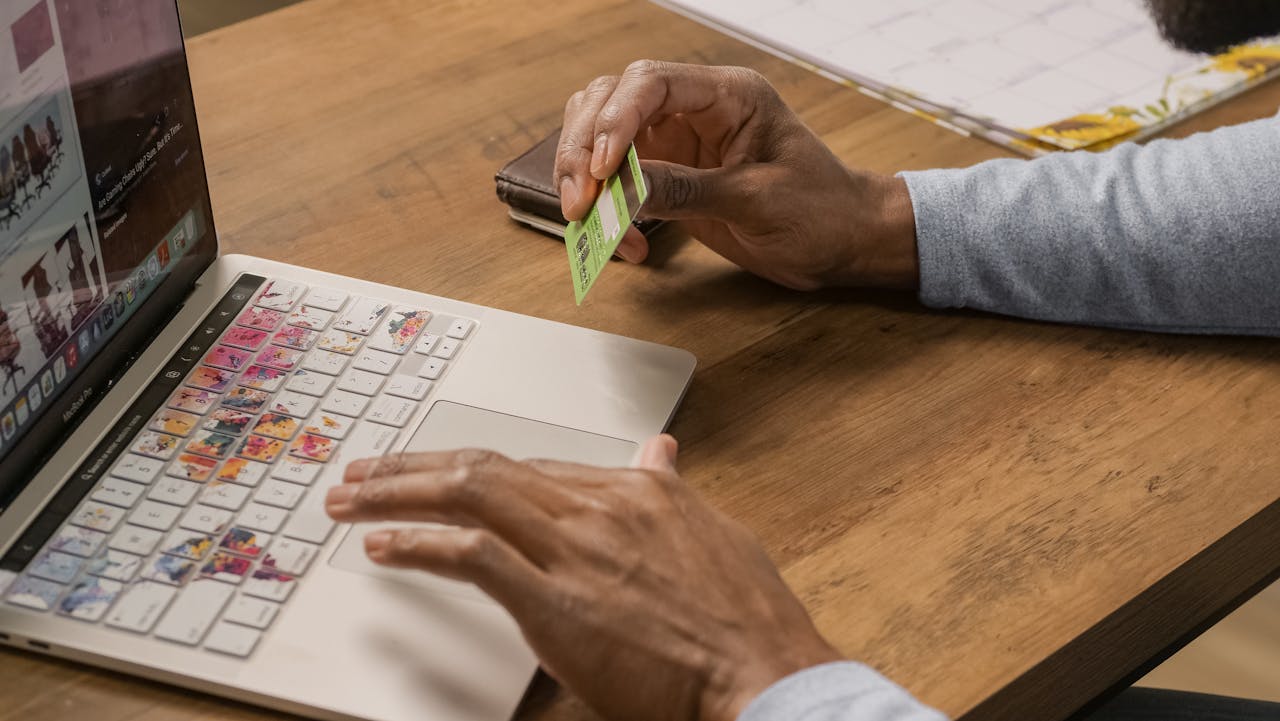What Is PCI DSS and Why It Matters for Travelers
When you’re booking a hotel, flight, or car rental online, especially via platforms like Booking.com or Expedia, you’re often asked to input sensitive credit card information — card number, name, expiry date, and sometimes the CVV. Ever wondered: who has access to that data? Is it stored securely? And what guarantees your data won’t be misused?
That’s where PCI DSS comes in.
What Is PCI DSS?
PCI DSS, or Payment Card Industry Data Security Standard, is a global set of security standards established by major card brands — Visa, Mastercard, American Express, Discover, and JCB. These standards dictate how businesses must handle and protect cardholder data during transactions, whether online or offline.
Introduced in 2004 and continuously updated (most recently in 2022 as PCI DSS v4.0), the standard applies to any entity that stores, processes, or transmits card data, including hotels, travel agencies, OTAs (Online Travel Agencies), and payment gateways.
Why Should Travelers Care?
Most travelers assume that when they book through a major platform, their data is protected. But the truth is more nuanced.
Your Data Often Passes Through Multiple Hands:
- The booking platform (e.g., Booking.com) collects your card info.
- In “pay at the hotel” models, this info is forwarded to the hotel to guarantee your reservation.
- In many countries, hotels have direct access to your card number, name, expiry, and even CVV, either through encrypted systems or over fax/email — especially in less tech-savvy regions.
Unless these parties are PCI DSS compliant, there’s a real risk of data leakage or mishandling.
Real-World Risk: Hotels Are Vulnerable
According to a 2025 report by Verizon, the hospitality industry ranked third among all sectors for payment data breaches.
- 60% of hotels surveyed globally had failed PCI compliance audits.
- Common issues included storing unencrypted card data, poor staff training, or outdated POS systems.
There have been numerous high-profile cases:
- In 2023, a luxury hotel chain in Europe was fined over €1 million after 40,000 guests’ card data was leaked due to non-compliant storage practices.
- In the U.S., over 20 boutique hotels faced class action lawsuits in 2024 for similar reasons.
How Can Travelers Protect Themselves?
1. Prefer platforms that process payments directly.
For example, Airbnb and Agoda often charge your card on their end — minimizing hotel access to raw card data.
2. Use virtual credit cards (VCCs) or temporary numbers for bookings, if your bank offers them.
3. Avoid sending card details via email or phone directly to hotels — this is almost never secure.
4. Ask the hotel directly if they are PCI DSS compliant, especially if you’re booking a high-end stay or traveling for business.
5. Monitor your card statements closely after making a booking, especially when using lesser-known accommodations.
Key PCI DSS Requirements Hotels Must Follow
Here are some important compliance rules hotels (and any merchant) must meet under PCI DSS v4.0:
| Requirement | Description |
|---|---|
| Install and maintain firewalls | To protect customer data from external threats |
| Encrypt transmission of card data | Especially across open/public networks |
| Restrict access to cardholder data | Only authorized personnel should have access |
| Regularly update antivirus software | Prevent malware that can steal or log card data |
| Maintain logs and monitor all access | To identify suspicious activity or breaches |
If a hotel isn’t following these, your data could be at risk.
Regional Differences in Compliance (2025)
| Region | Average Compliance Rate | Notes |
|---|---|---|
| North America | 82% | Most major hotels are fully compliant |
| Europe | 74% | Mid-size hotels still catching up |
| Southeast Asia | 51% | Many hotels lack IT infrastructure for full compliance |
| South America | 59% | Fragmented compliance among independent properties |
⚠️ Final Thought: Don’t Assume — Ask & Verify
Just because a platform or hotel “looks big” doesn’t guarantee your card data is safe. In 2025, cyber risks have evolved, and your responsibility as a traveler is to stay informed.
PCI DSS isn’t just some boring tech standard — it’s your line of defense when handing over your financial data.
💬 Got Questions About Card Safety When Traveling?
Drop your questions in the comments, or share this article with friends who book online often — your security starts with awareness.



